Raising a child with ADHD can be overwhelming and challenging.
Attention-Deficit/Hyperactivity Disorder (ADHD) is a common neurodevelopmental childhood disorder in which a child’s inattentiveness and/or hyperactivity and impulsivity cause significant problems in functioning at home, school, and social life. According to the most recent edition of the Diagnostic and Statistical Manual of Mental Disorders, Fifth Edition (DSM-5), which is a guide that helps medical and mental health professionals diagnose ADHD, inattentive and hyperactive-impulsive symptoms must present before 12 years of age and last for at least six months.
The DSM-5 classifies ADHD into three categories based on symptom presentation. In order to be diagnosed with ADHD, children must have six or more of the nine characteristics in either or both of the DSM-5 diagnostic criteria below:
ADHD – Predominantly Inattentive Presentation
Often fails to give close attention to details or makes careless mistakes in schoolwork, at work, or during other activities
Often has difficulty sustaining attention in tasks or play activities
Often does not appear to listen when spoken to directly
Often does not follow through on instructions and fails to finish schoolwork, chores, or duties in the workplace
Often has difficulty organizing tasks and activities
Often avoids, dislikes or is reluctant to complete tasks that require sustained mental effort
Often loses things necessary for tasks or activities
Is often easily distracted by extraneous stimuli
Is forgetful in daily activities
ADHD – Predominantly Hyperactive/Impulsive Presentation
Fidgets with hands or feet or squirms in chair
Has difficulty remaining seated
Runs about or climbs excessively in children; extreme restlessness in adults.
Difficulty engaging in activities quietly
Acts as if driven by a motor; adults will often feel internally as if they were driven by a motor
Talks excessively
Blurts out answers before questions have been completed
Difficulty waiting or taking turns
Interrupts or intrudes upon others
ADHD – Combined Presentation
Child meets criteria for inattention and hyperactive/impulsive presentations
Raising a child with ADHD can be overwhelming and challenging, making it crucial for parents to seek out support, education, and guidance from a psychologist. Children with ADHD are more susceptible to developing depression, anxiety, low self-esteem, and social challenges. ADHD is also linked to reduced academic performance, substance abuse, and impulsive decision-making that can lead to injury. In working with a therapist at Metta Psychology Group, you and your child will learn key strategies to improve your child’s self-esteem, executive functioning abilities, and academic/social performance. As a parent, you will develop confidence through establishing positive discipline and feedback strategies, increased structure and consistency, school advocacy, and reasonable expectations for your child. Forming a therapeutic relationship will help build your child’s confidence, compliance, and successes, leading to a calmer, more harmonious home.
